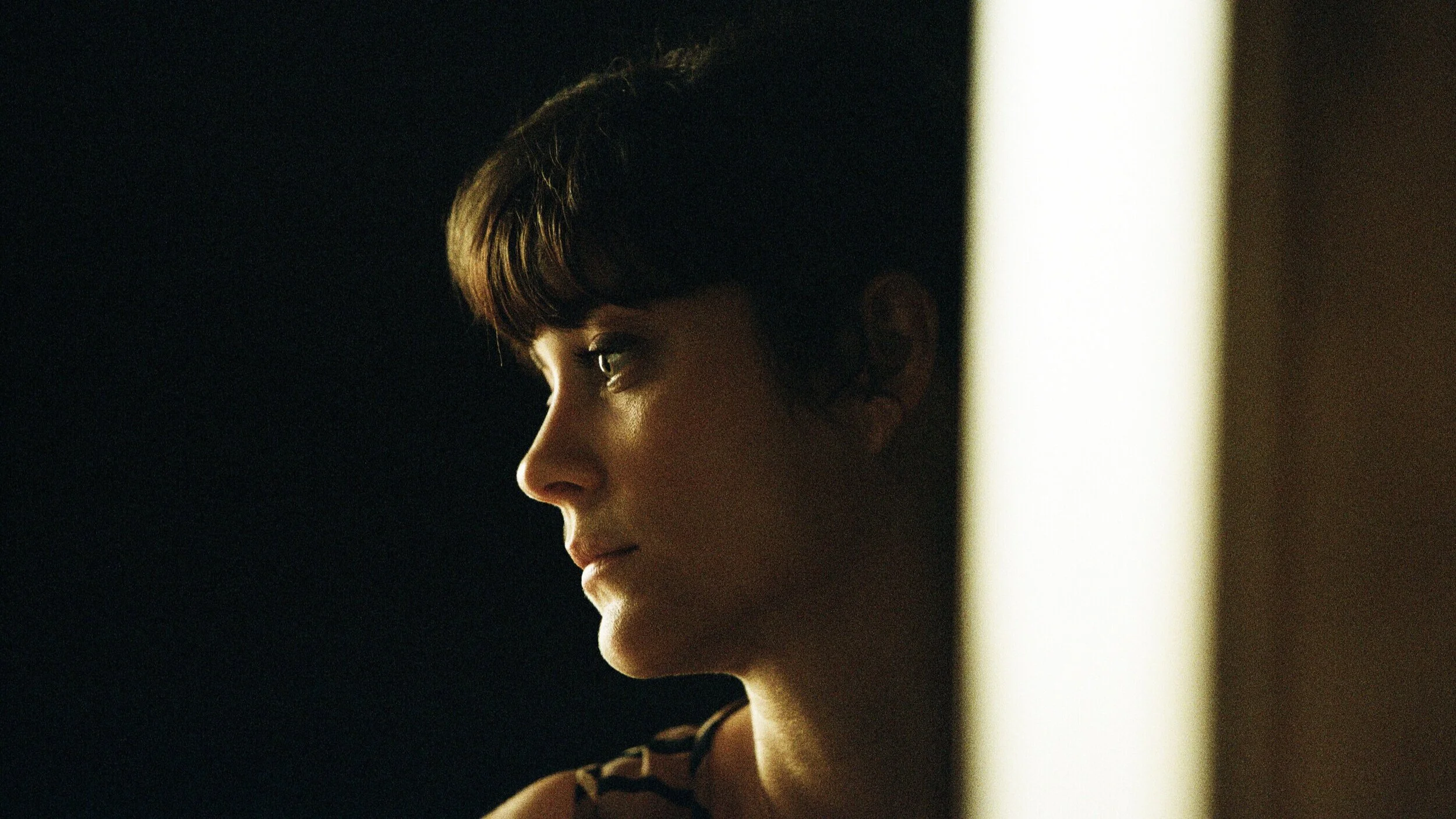It's Only the End of the World
From stage to screen, a work of cinematic exploration despite its source.
Marion Cotillard
I found this film to be a thoroughly intriguing oddity - and that statement does indeed confirm that I do not share the disappointment in it expressed by some critics while on the other hand I am surprised that it should have carried off the Grand Prix at Cannes in 2016. On paper, this French-Canadian co-production sounds terrific since it boasts an exceptional cast of French actors. Some will also have expectations based on the fact that it is written and directed by the prolific Xavier Dolan, although I for one have often found his work overrated. But the key fact here is that this film is an adaptation of a stage play, the play in question being Juste la Fin du Monde written in 1990 by the gay playwright Jean-Luc Lagarce who died of Aids in 1995.
Despite its origins, this piece is very much in line with Dolan's own previous work being concerned with a 34-year-old gay playwright, Louis (the excellent Gaspard Ulliel), who, after an absence of twelve years, returns to visit his mother (Nathalie Baye) and his siblings (Vincent Cassel and Léa Seydoux) and to see again the place where he had grown up. For him it is an evocative reminder of his past that he needs due to having received the news that he is dying, that fact being something that he intends to announce to his family which now includes a sister-in-law (Marion Cotillard).
Not so surprisingly given its source, this is a very talkative work and one that is pitched high in the case of Louis's aggressive older brother and his eccentric mother - although in the latter's case the surface is just surface. In contrast to the other adaptation that Dolan made from the stage, the unconvincing Tom at the Farm (2013), this shows us a family that has outwardly accepted the fact that one of its members is gay, but at the same time it is a persuasive portrait of a family that has become inherently dysfunctional. For Louis, being gay has provided a reason for breaking away to live in the big city but for the others, not least for his mother and younger sister, his absence has brought into their lives a serious sense of loss. That Louis is the favourite child adds to his brother's deep-seated hostility and resentment. Ironically, save for the sympathetic sister-in law, it is the visitor who, despite living under sentence of death, seems the most normal and well-adjusted member of the family.
Certain aspects underline the film's theatrical origin throughout but, unlike, say, the recent Fences, Dolan has created a work that is what it is through his use of cinema. The frequent emphasis on faces in close-up eliminates any sense of a stage set, the emphatic use of music takes us away from the theatre and the film's most telling moments consist of calculated pauses, held shots without dialogue in which time stands still and a keen emotional sense is communicated. This is a stylised film that doesn't really lead anywhere, but it does stand beside Alain Resnais's last film Life of Riley as an example of a work which, while never concealing its stage origins, finds forms of expression that are entirely cinematic.
MANSEL STIMPSON
Cast: Nathalie Baye, Vincent Cassel, Marion Cotillard, Léa Seydoux, Gaspard Ulliel.
Dir Xavier Dolan, Pro Nancy Grant, Xavier Dolan, Nathanael Kermit and Sylvian Corbeil, Screenplay Xavier Dolan, adapted from the play by Jean-Luc Lagarce, Ph André Turpin, Pro Des Colombe Raby, Ed Xavier Dolan, Music Gabriel Yared, Costumes Xavier Dolan.
MK2/Diaphana/Sons of Manual/MK Productions-Curzon Artificial Eye.
99 mins. Canada/France. 2016. Rel: 24 February 2017. Cert. 15.


